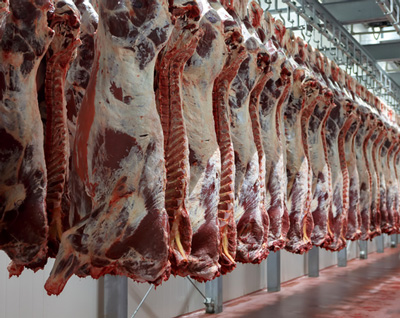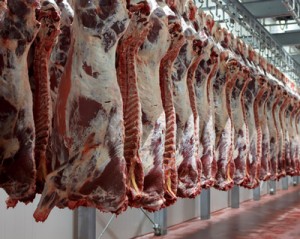Canada lifts 19 year ban on EU beef
- Like
- Digg
- Del
- Tumblr
- VKontakte
- Buffer
- Love This
- Odnoklassniki
- Meneame
- Blogger
- Amazon
- Yahoo Mail
- Gmail
- AOL
- Newsvine
- HackerNews
- Evernote
- MySpace
- Mail.ru
- Viadeo
- Line
- Comments
- Yummly
- SMS
- Viber
- Telegram
- Subscribe
- Skype
- Facebook Messenger
- Kakao
- LiveJournal
- Yammer
- Edgar
- Fintel
- Mix
- Instapaper
- Copy Link
Posted: 22 October 2015 | Victoria White | No comments yet
The Canadian market has been closed to any EU beef, including deboned beef, since 1996, when Canada introduced import restrictions on meat of ruminants on the basis of BSE concerns…


The Canadian government has taken the decision to re-open Canada’s market for imports of European beef from 19 Member States.


The Canadian market has been closed to any EU beef, including deboned beef, since 1996, when Canada introduced import restrictions on meat of ruminants on the basis of BSE concerns.
The 19 Member States that have been authorised to resume exports are: Austria, Belgium, Cyprus, Czech Republic, Denmark, Finland, France, Germany, Greece, Ireland, Italy, Luxembourg, the Netherlands, Portugal, Slovakia, Slovenia, Spain, Sweden and the United Kingdom.
Market opening signals that EU beef is safe
The European Commission said that EU single market has delivered a high level of food safety for consumers both in the EU and abroad, based on international standards and solid science. The agriculture and food sectors must be able to capitalise on this achievement. The European Commission also noted that the market opening sends an important signal to the EU’s trading partners worldwide that EU beef is safe, and that imports of EU beef should be swiftly resumed.
In a statement, EU Health and Food Safety Commissioner Andriukaitis, Trade Commissioner Malmström and Agriculture Commissioner Hogan issued said: “We welcome the decision by the Canadian government to re-open Canada’s market for imports of European beef from 19 EU Member States. It will provide a welcome boost to Europe’s beef producers and exporters, particularly as it comes at a time when farmers across the EU are going through a particularly difficult period.
“By re-authorising 19 Member States at once, Canada recognises that the EU functions as a single entity with uniform and harmonised rules and standards, where enforcement is overseen by the European Commission. This is an important development and will further improve the trade relations with Canada on Sanitary and Phytosanitary issues.”



